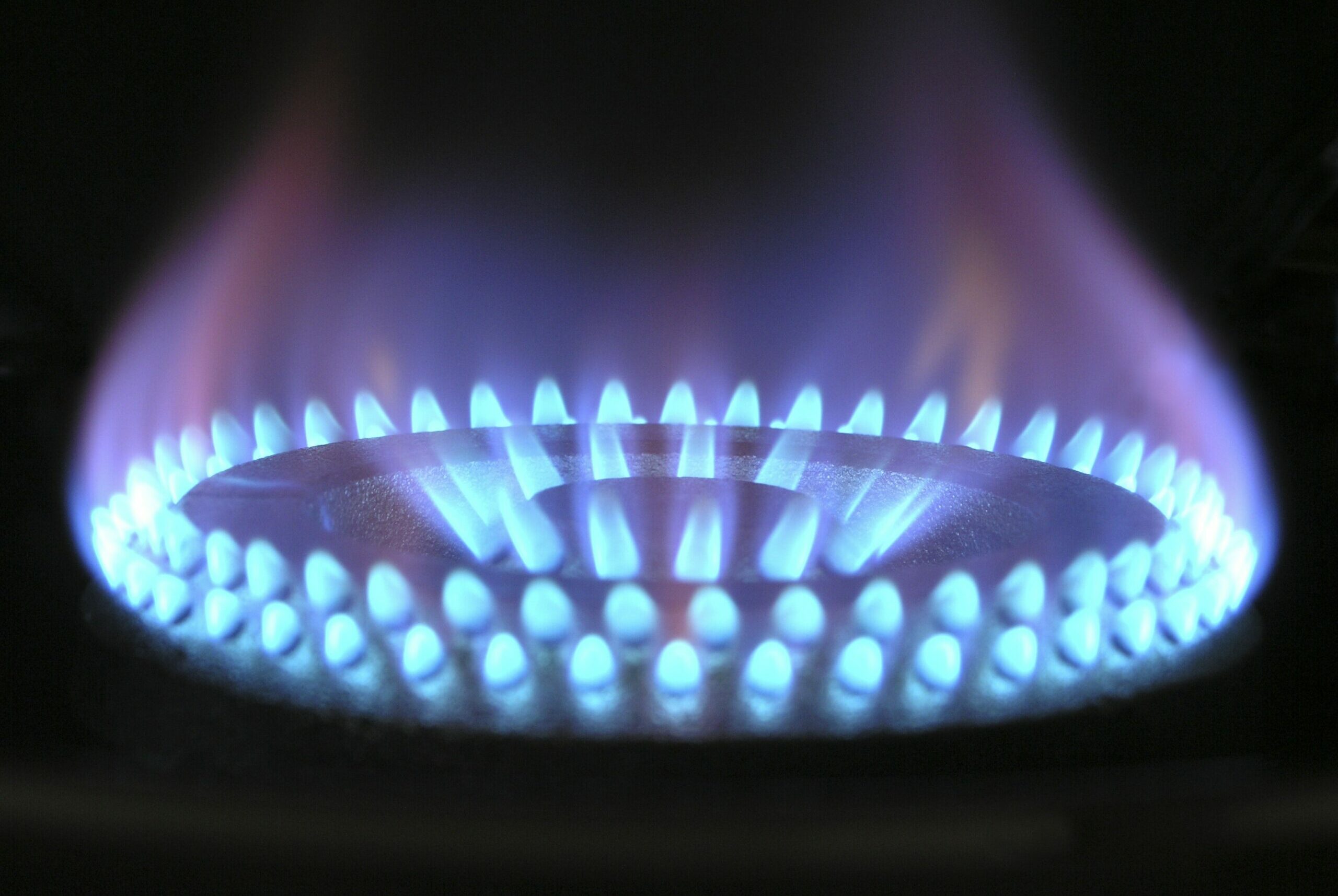Beginning today, March 1, new code requirements to help Denver reach its climate action goals will go into effect for existing commercial and multifamily buildings. These requirements were outlined in the Energize Denver ordinance passed by City Council in 2021. The new requirements will apply to gas-powered space and water heating and cooling equipment (such as gas water heaters, A/C units, and furnaces) in commercial and multifamily buildings.
Commercial buildings alone are responsible for 49% of Denver’s greenhouse gas emissions, and methane, the primary component of natural gas, has an 80 times greater impact on climate change than carbon dioxide emissions.
“These progressive new building codes were the result of a strong collaboration between the city and the community,” said Mayor Michael B. Hancock. “Denver has spoken loud and clear that taking climate action is a top priority – codes like these will help get us to zero emissions by 2040.”
Xcel Energy also has financial assistance available, and the company is on track to reduce electricity emissions 80% by 2030 and 100% by 2050. The City and County of Denver is working aggressively to take advantage of renewable clean energy sources and a grid that is becoming more decarbonized each year. To do that, starting March 1, commercial customers who apply for a permit for gas-powered water heaters, furnaces, and air conditioners/condensers will need to demonstrate that they have evaluated the feasibility of using electric-powered equipment, checked for gas line leaks, and/or ensured gas equipment (if used) is sized correctly and efficiently.
The more Denver buildings can rely on electricity, the more they will be able to be powered by renewable energy in the future.
“When an A/C compressor, furnace, or water heater fails, many buildings can replace it with an electric heat pump with a similar cost for installation and operation as they would pay with a traditional system,” said Grace Rink, Denver’s chief climate officer.
The first step in a phased approach
The current code changes are part of the city’s new building code adopted in January by Denver City Council. They are also part of a longer-term effort, known as Energize Denver, which was first adopted by Denver City Council in 2021 after a lengthy public process.
As of March 1, while the permitting process will require customers to provide more information about the feasibility of using electric equipment, customers will still be able to obtain permits for and to install gas equipment. Starting January 1, 2024, gas furnaces and water heaters will no longer be allowed in new commercial and multifamily construction, with some exceptions. In 2025, permits for certain types of gas heating and cooling systems will no longer be issued for existing commercial and multifamily buildings. After 2027, permits will no longer be issued for any gas heating and cooling equipment in commercial buildings.
These changes do not apply to gas stoves. They are focused on space and water heating equipment, like furnaces, water heaters, air conditioners, and condensers.Over $30 million in financial incentives
Along with these code changes, the city is offering incentives to help replace aging gas-fired heating and cooling equipment with heat pumps in existing buildings. Denver is also offering incentives to construction teams that pilot all-electric building projects in new construction. Incentives are available now, with more than half of the funding going toward Equity Priority Buildings, which are buildings serving communities with less access to resources and that may face more barriers adapting to a changing climate. Additional incentives will become available later this year.









